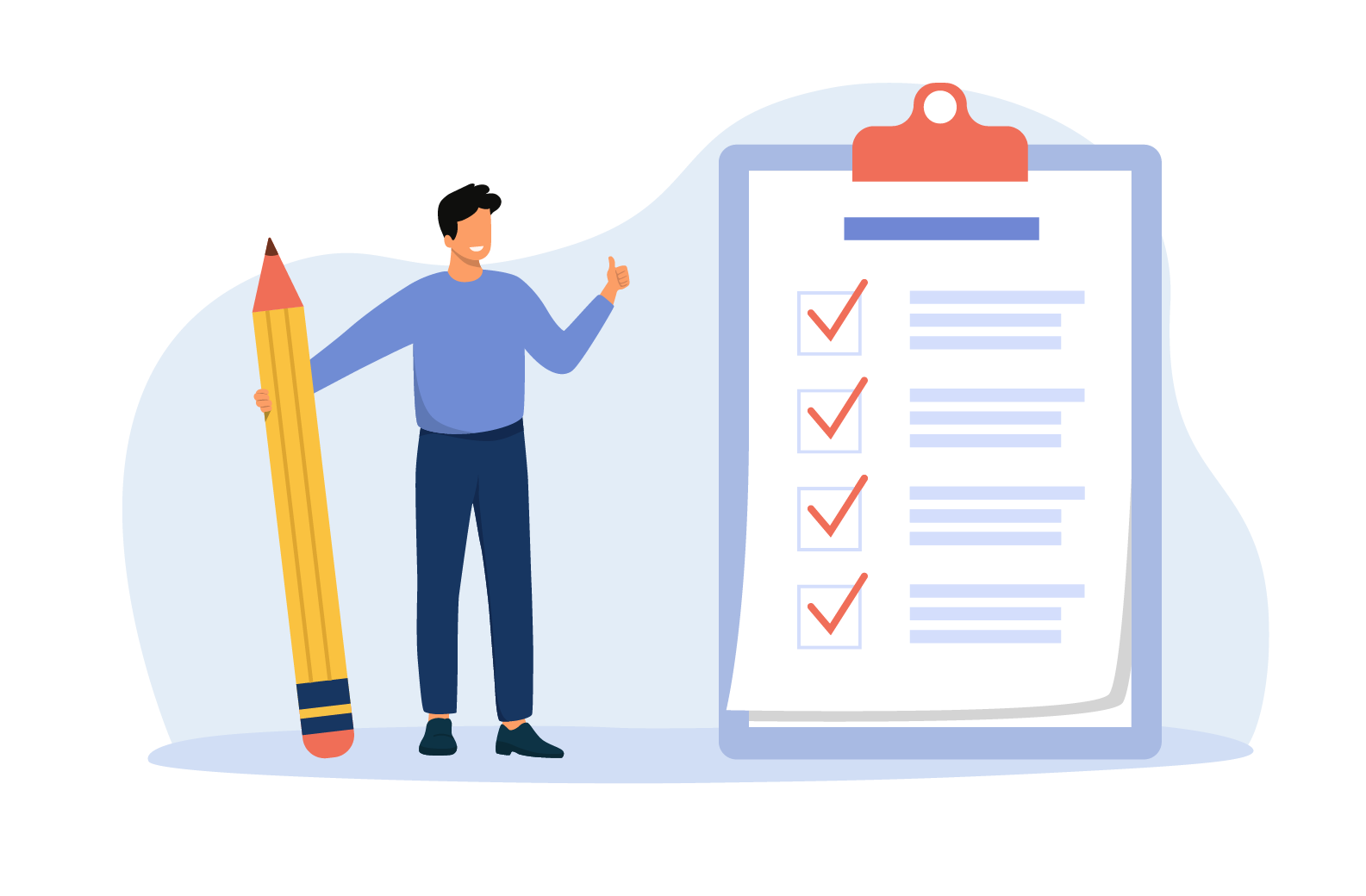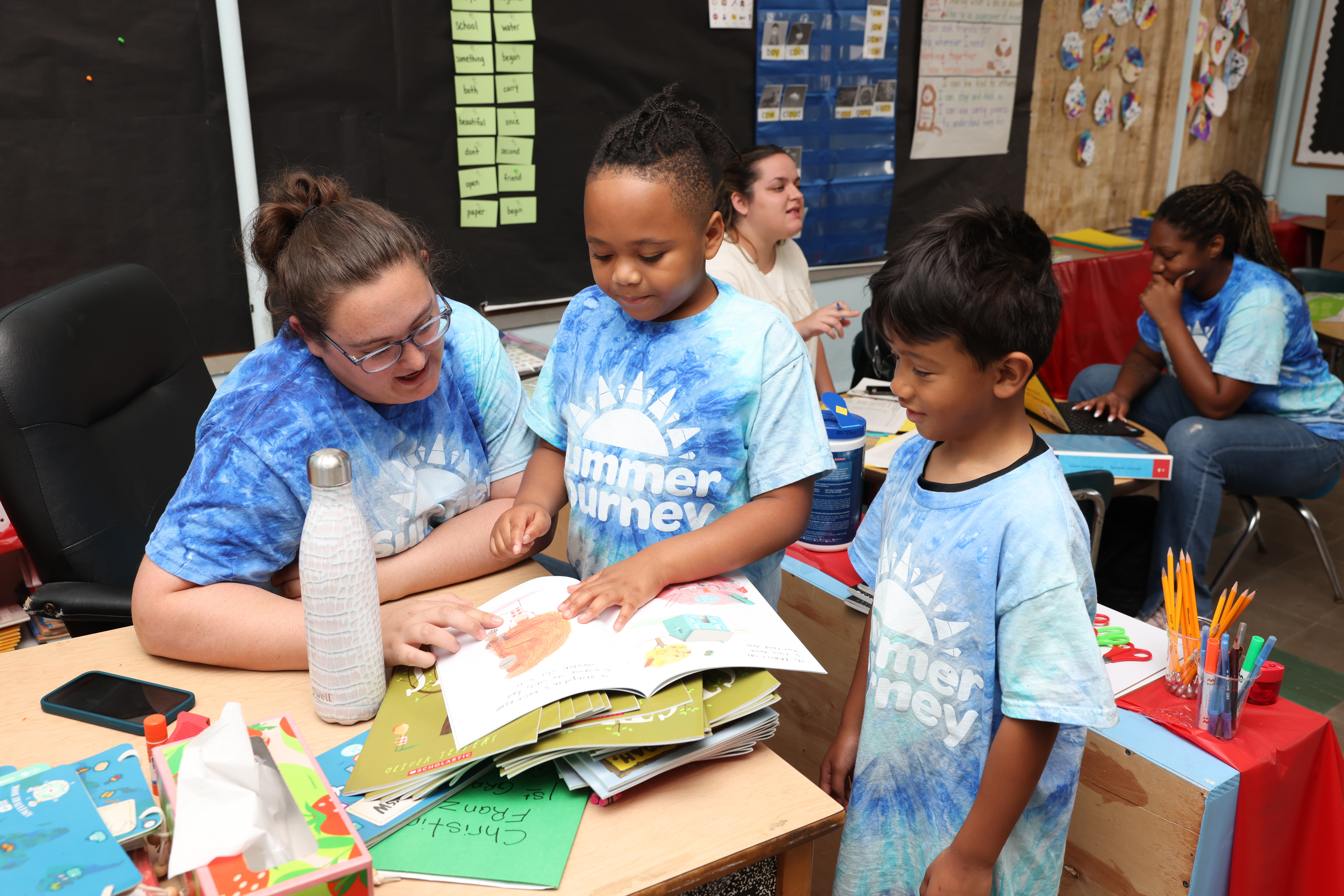How to Help Your Child with Focus & Attention
Helping Children Develop Focus and Attention
There are many distractions that take away from learning, building relationships, and family time. The digital age has increased access to entertainment and communication but also brought unrealistic expectations for immediacy. This has impacted children’s ability to focus and stay attentive. Here are some ways you can help your child work on focus and attention skills to aid in the learning process.
Teach Patience and Real-Life Expectations
Kids often struggle to grasp how long things take. Help them learn patience by making waiting a positive experience. For example:
- Answer their questions about time with tangible examples, like “It will take as long as a school day.”
- Use visualizations or countdowns to help them understand wait times.
- Keep promises to build trust and reinforce patience.
Establish Focus During Homework Time
- Remove distractions from the homework area.
- Set specific times for homework, breaking tasks into smaller increments with short breaks in between.
- Incorporate fun activities, like physical games or dance breaks, during attention breaks.
- Avoid screens during breaks to prevent further distractions.
Reward positive behaviors to encourage focus and use tools like timers or fidget toys to aid concentration.
Practice Mindfulness
Mindfulness exercises can improve awareness and focus. Examples include:
- Deep breathing
- Meditation
- Yoga
- Mindful walks
Ask your child questions during mindfulness exercises to help them connect with their surroundings and feelings, such as “What do you hear?” or “What do you feel?”
Recognizing Signs of ADHD
While many children show occasional signs of focus issues, persistent symptoms may indicate ADHD (Attention Deficit Hyperactivity Disorder) or ADD (Attention Deficit Disorder). Common symptoms include:
- Self-focused behavior
- Interrupting
- Emotional outbursts
- Fidgeting
- Unfinished tasks
- Daydreaming
- Forgetfulness
- Trouble with organization
If these symptoms affect your child’s learning or relationships, speak with your pediatrician about an evaluation. Both ADHD and ADD are treatable through therapy and medication.
Conclusion
Help your child develop focus and attention by practicing patience, mindfulness, and time management. Making learning fun and interactive encourages positive behaviors that benefit their development. If ADHD or ADD is a concern, seek professional advice. By addressing these skills, your child can improve their learning process, strengthen relationships, and enjoy more meaningful family time.
About the Author
Jessica Miller


